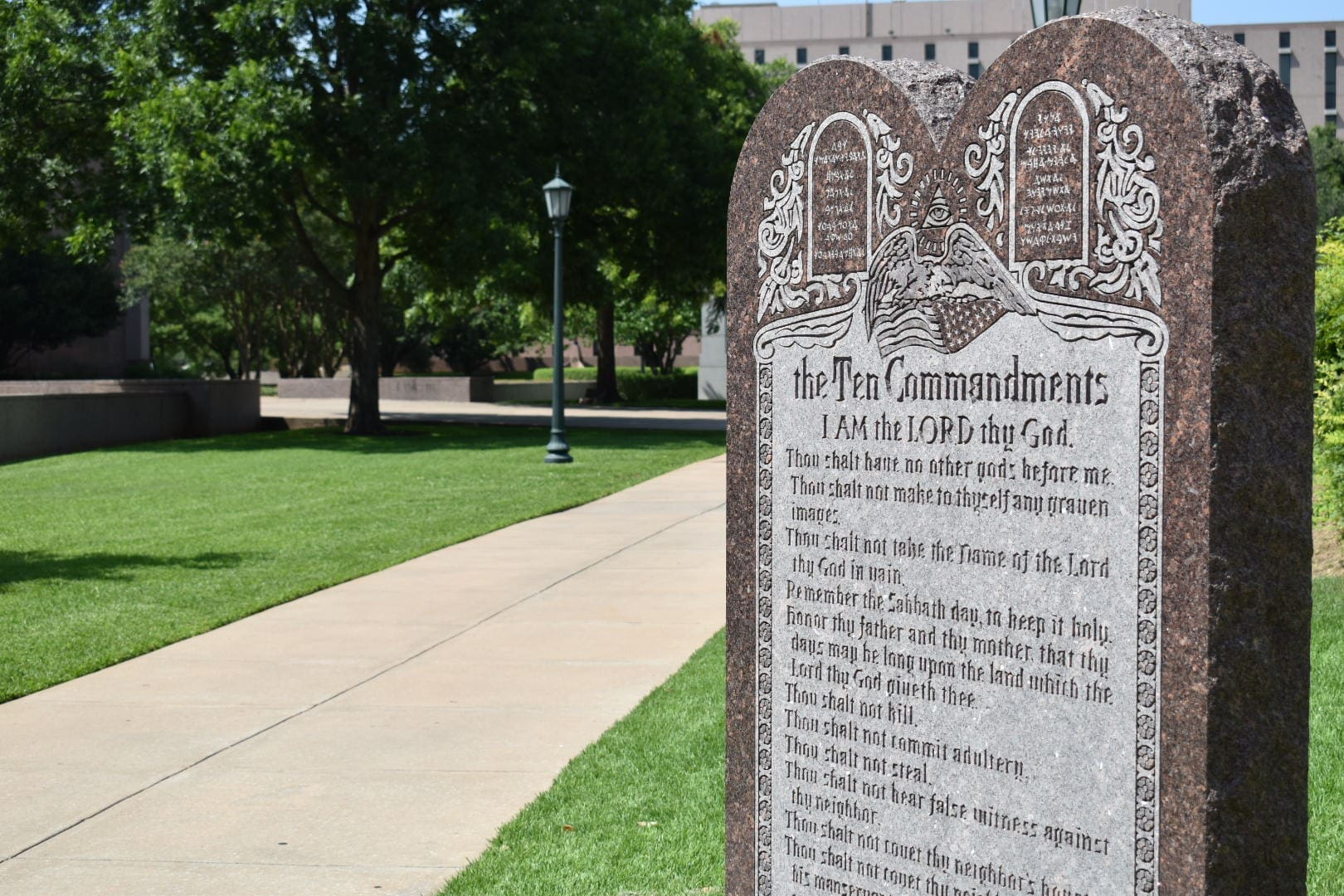Former House Speaker Dade Phelan isn’t backing down from his controversial push to regulate political memes and altered images.
House Bill 366, which would require disclosures on altered media used in political advertising, received a hearing in the State Affairs Committee on Wednesday morning.
During the hearing, Phelan (R–Beaumont) insisted the bill was about addressing artificial intelligence in political advertising. But as critics have pointed out, the legislation itself doesn’t distinguish between AI-generated content and simple Photoshop edits—meaning it could criminalize even rudimentary image manipulation in political speech.
The bill, which would require disclaimers on political content featuring altered media, comes in response to a campaign mailer from Club for Growth during the last election that depicted Phelan alongside Nancy Pelosi. The mailer was intended to highlight that Phelan received major campaign contributions from a PAC that also backs Pelosi.
David McIntosh, the president of Club for Growth Action, told Texas Scorecard, “Despite Phelan’s attempts to regulate speech and humor, he’s still a joke in the eyes of Texas conservatives.”

Club for Growth mailer that initiated Phelan’s regulation effort.
Phelan attempted to downplay concerns about the bill’s reach, claiming it wouldn’t apply to social media.
“I’m not coming for your memes. If you like your memes, you can keep your memes. This has nothing to do with X or Facebook or anything on social media,” he said.
But when pressed, Texas Ethics Commission General Counsel James Tinley admitted that social media posts could indeed fall under the bill’s jurisdiction.
“I think it’s possible for certain communications that are expressly advocating … It wouldn’t target memes in particular, but if a candidate says ‘vote for me’ on their social media, that would be a communication … that could be subject [to the rules],” Tinley testified.
Phelan also framed the bill as narrowly focused on political advertising, stating, “Again, this bill is solely within the election code. It has nothing to do with social media and nothing with someone posting something funny or not funny on the internet.”
Tinley’s response, however, suggested otherwise. “Political advertising is a communication that supports or opposes a candidate for nomination or election to public office … One of those ways is if it appears on an internet website,” he explained.
That exchange revealed a gap between Phelan’s claims and how the Texas Ethics Commission views the bill’s enforcement. In fact, the TEC just last year passed rules allowing it to regulate social media posts of citizens in certain circumstances.
Meanwhile, testimony from Andrew Cates, a former lobbyist and self-described expert on campaign finance law who was in favor of the bill, clarified that the legislation applies far beyond AI-generated content. When asked by State Rep. Chris Turner (D–Grand Prairie) if the legislation would apply to photoshop and other rudimentary image editing, he stated “Yes, absolutely.”
Cates also dismissed the idea of including a specific exemption for satire, saying, “I would probably just leave it to the courts. I would leave the satire out, because the more you put in there, the more loopholes you create, and people are going to exploit them.”
Additionally, testimony from the Texas Public Policy Foundation backed Phelan’s bill, arguing that it was necessary to prevent AI-generated political deception.
“HB 366 addresses one of the most pressing threats to election integrity today—the use of artificial intelligence to create deceptive political content,” testified Greyson Gee, a policy analyst with the organization.
TPPF also called for changes to the legislation, noting that the introduced version “does not include exemptions for satire” and suggested that “the criminal penalties be changed to civil penalties to align with other instances where disclosure is not complied with by a candidate or campaign.”
Phelan stood firm on his view of the legislation’s necessity, at one point suggesting that its penalties should be even stricter.
“Quite frankly, I don’t know if a Class A misdemeanor is enough,” he said, adding that “the folks who are willing to do this don’t care about a $500 slap on the wrist.”
A Class A misdemeanor would carry up to a year in jail.
The bill was left pending in the committee and could come up for a vote in a future hearing.





